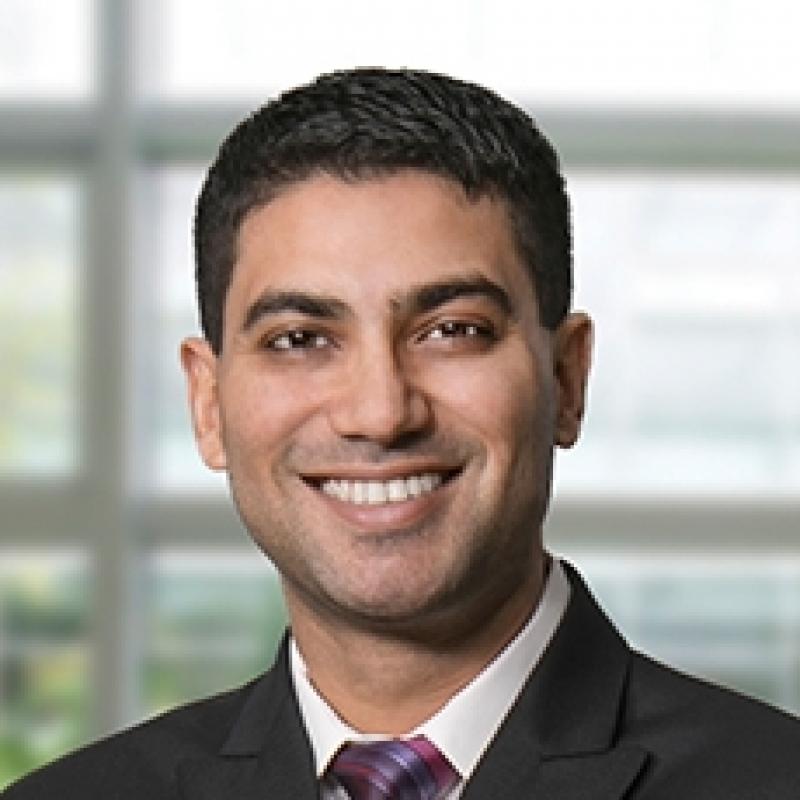Bariatric Surgery Helps Poinciana Educator Start a New Chapter
by Ryan Milejczak
A new year means a new opportunity to become a better you. And if you ask a room full of people what changes they’d like to make in their lives, the most common answer will almost certainly be some version of “lose weight.” But while diet and exercise are sufficient for many, for some, the struggle to lose weight can be much more difficult.
When diet and exercise aren’t enough, doctors and patients discuss alternative options, like bariatric surgery.
Bariatric surgery is a broad term for surgical procedures that are used to manage obesity and related conditions. They provide an excellent option for those looking to lose weight and improve their quality of life.
Marquilia Martin, 30, a Poinciana educator for Orange County Public Schools and mother of one, is intimately familiar with the struggle to lose weight.
“I feel like, my entire life, I’ve struggled with my weight,” explains Martin when asked about her journey with weight loss. While she was able to get to a healthier weight during college, even going to the gym twice a day, maintaining this quickly became difficult when she graduated and entered the workforce as a teacher.
“I got out of college, and the real world hit, and I started to gain the weight back,” she says. “I was at about 205, and after I had my son, I was up to 235. And I was there for a long time, I was still going to the gym, doing ‘diets,’ you know, little trendy diets you see online, stuff that wasn’t going to work or be sustainable anyways.”
Frustrated with her lack of progress, Martin started researching other options, including bariatric surgery. Through her research, she found Dr. Shiva Seetahal, a bariatric and general surgeon with Advent Health in Davenport, and together they decided bariatric surgery was the right option for her.
There are a variety of different bariatric surgery options, such as the duodenal switch procedure or gastric bypass, but Martin and the doctor decided on a vertical sleeve gastrectomy.
“Gastric sleeves are the most widely performed bariatric procedure in the US right now,” explains Seetahal. “It’s a procedure where we go in laparoscopically and reduce the size of the stomach. We do this by stapling off part of the stomach and removing it from the body. This affects the hormones the stomach produces, like ghrelin, and increases secretion of other hormones that can help with weight loss, such as GLP-1. ”
These hormonal changes lead to decreased hunger, and because the stomach is smaller, meals are smaller too. This leads to patients eating smaller, more frequent meals.
“Bariatric surgery used to be purely about weight loss,” Seetahal says. “Now, it’s recognized as metabolic surgery, not just used for weight loss, but also conditions associated with obesity — like diabetes, sleep apnea, and high cholesterol.”

He continues, saying, “It has psychological benefits as well, giving a person control of their body, giving them better mobility, allowing them to stop worrying about insulin or blood sugar. It allows patients to take control and get their life back.”
After preparing with a two-week liquid diet, Martin underwent her surgery, which was a success. “Marquilia was a model patient,” reflects Seetahal. “I love when a patient takes an interest in what’s going on, and she was on top of it from Day One. That paid off later on, and I had no problem convincing her post op to follow my specifications.”
The surgery has had a number of positive effects for Martin. “Since the surgery, my eating habits have changed tremendously. I don’t eat out at all, everything I eat is home-cooked,” she says.
A better diet isn’t the only change in Martin’s life after surgery.
“I have a will to go to the gym now,” she explains. “Before, I’d go once or twice a week, I’d make excuses to not go. But now, I actually want to go because I love the results I see.”
Thanks to her better diet and lifestyle, Martin also has more energy. “My son is a very active 4-year-old, and now I have a lot of energy for him. I used to drink a lot of coffee and energy drinks, but now I have so much energy that I don’t need them anymore.”
And of course, the surgery and resulting weight loss have done great things for her confidence. “I love who I see in the mirror!” she exclaims.
“When I wake up in the morning I say, ‘Oh my god, you look so good girl!’ I’ve always been a confident person no matter my size, but now I really love my confidence.”
Before surgery, Martin weighed 235 pounds, but now thanks to the surgery and her new lifestyle, she’s down to 150 pounds. With such great results, it’s no surprise she recommends bariatric surgery to anyone considering it.
“I was so scared, but the surgery was so fast, and afterward, I woke up and looked around like, ‘We’re done already?’ ”
Seetahal says the fear she had prior to the surgery is something he hears from many prospective patients. But he urges people considering the surgery to not let their fears hold them back.
“If it’s something you’re thinking about, don’t be afraid to come in and get information. That conversation can lead to options you didn’t know you had — whether that be surgery, medication, or just talking about a healthy diet and exercise. Just taking that step is really important.”


